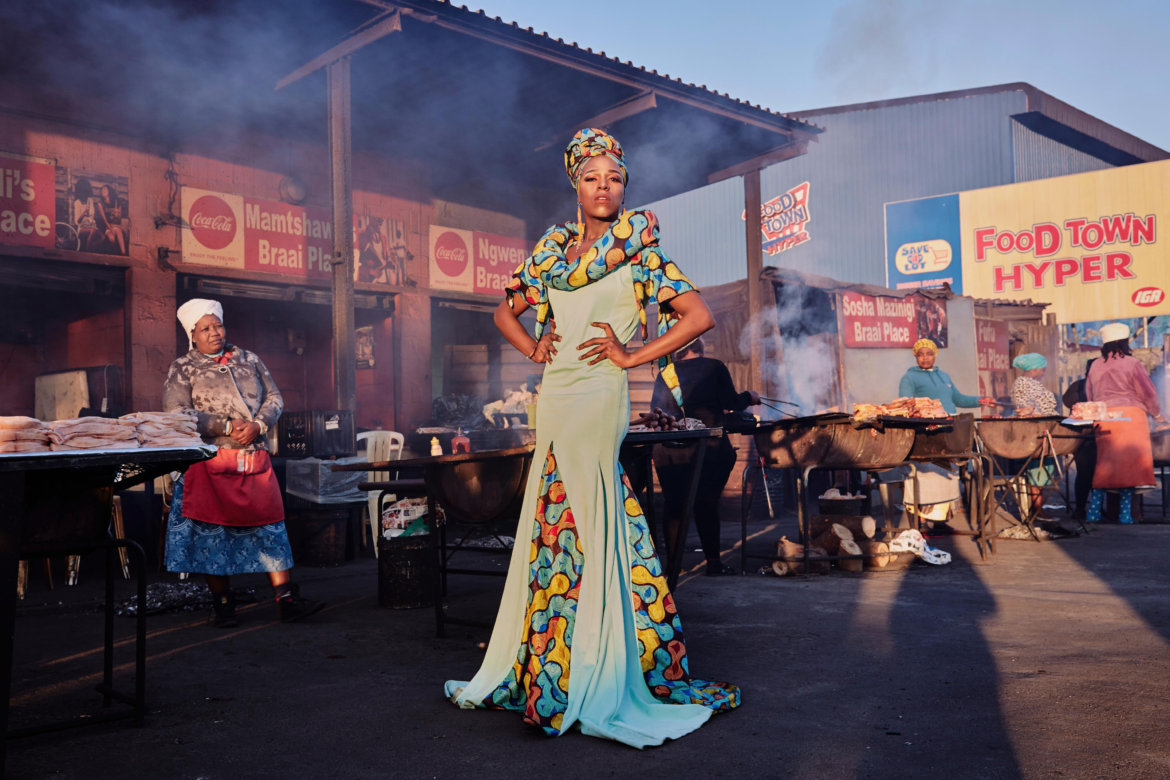Out now: The GH5050 2021 Report and This is Gender
This International Women’s Day, we are delighted to launch the Global Health 50/50 2021 Report, Gender Equality: Flying blind in a time of crisis, and the This is Gender 2021 photo collection.
Against the backdrop of a calamitous 2020, we are pleased to find that the 2021 Report records notable areas of progress and hope. Organisational commitment to gender equality has surged since our first report four years ago, and organisations are becoming more transparent about their policies to shape diverse, inclusive and equitable working environments for all people. These represent important advances towards our shared goal of gender equality.
The latest data also suggest that rhetoric may be substituting for action. Our Report finds, for example, that the vast majority of programmatic activity to prevent and address the health impacts of COVID-19 largely appears to ignore the role of gender. The result has been predominantly gender-blind pandemic responses across the health sector, meaning that interventions and programmes are less effective than they should be – with grave consequences for the health of people around the world.
Gender as a driver of everyone’s health should not be allowed to fall off the agenda in a time of crisis. As we turn to COVID-19 recoveries, we hope that leaders and employees alike will harness the renewed global urgency to tackle inequalities and improve health for all. The health and well-being of the people both employed and served by organisations active in global health cannot afford another year of missed opportunities.
Join the discussions and register to attend our three launch events to coincide with the release of the GH5050 2021 Report.
Explore the reportExplore the Gender & Health Index
Visualising gender in the COVID-19 pandemic: This is Gender 2021
The COVID-19 pandemic is gendered. Not only has COVID-19 starkly revealed gender to be a major driver of health- who gets sick and who lives or dies-, it has also exposed existing social fractures and inequalities and exasperated pervasive and restrictive notions of gender.
Our work reveals a systematic failure to address gender in the global pandemic response. Governments that fail to record sex-disaggregated data; whole communities of trans and gender-diverse people occluded from reporting; a global health system unwilling to factor gender into their response; these gaps and imbalances create major blind spots in our understanding of COVID-19 and inhibit our ability to achieve better health and equal opportunities for all people of all genders, everywhere. There can be no equality until everyone is seen.
To counter pervasive gender blindness, This is Gender 2021 drew together a panel of international experts to select 30 images from across the world that explore gender in pandemic in all its diversity.
From trans sex workers struggling to get by in Brazil, child-rearing in a Rohingya refugee camp, a sari fashioned into makeshift PPE in a rural Indian clinic to reflections on intergenerational trauma and masculinity in Australia, each image offers an aperture through which to witness the diffusion of gender norms through our lives. They cast light on how our gender shapes the systems in which we live, the opportunities, choices and rights we have, and the way we understand our own minds and bodies.
Taken together, the photographs offer a greater field of depth that renders visible what it means to be a gendered body in a time of pandemic. Vibrant, dynamic, and defiant, they disrupt the gender blindness of the COVID-19 response and demand to be seen.
This year, we are delighted to announce that the winner of This is Gender 2021 is Lee-Ann Olwage with the image, Black Drag Magic, South Africa, 2019 (pictured above). Belinda Qaqamba Ka-Fassie, a drag artist and activist, poses at a Shisanyama—a community space where women cook and sell meat—in Khayelitsha, a township located on the Cape Flats, near Cape Town, South Africa. Discrimination, harassment and violence is part of everyday life for LGBTQ+ people in townships such as Khayelitsha, and yet here Belinda reclaims the public space. Defiantly positioned in the centre of the frame, hands on hips, gaze unbroken, she draws the admiration of the local food sellers.
Explore the collection


